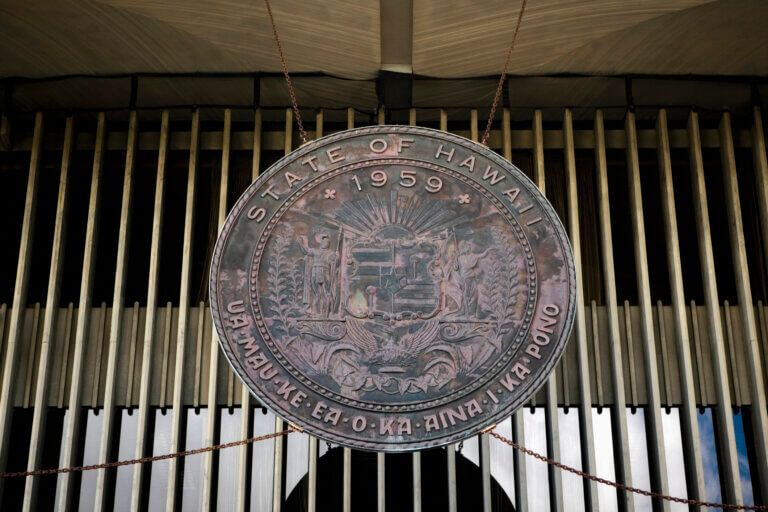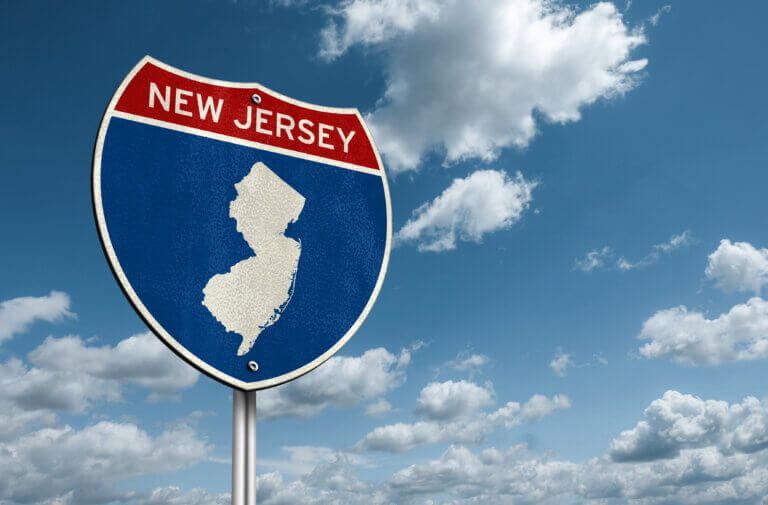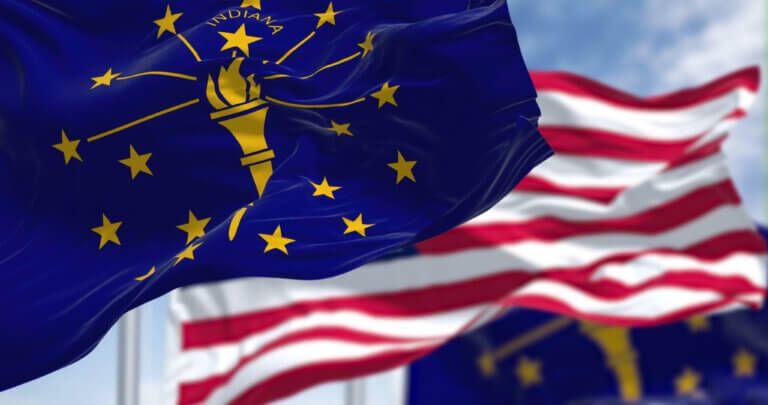Blog

Key highlights: Napa DtC wine shipping eked out an overperformance of the DtC wine shipping channel, which saw nearly universal declines Average bottle price (ABP) climbed to nearly $100, driven by resilient premium buyers Napa was the only region to grow shipment value year-over-year Chardonnay emerged as a standout growth opportunity in the county Tasting […]

Illinois imposes a statewide sales and use tax rate of 6.25%. The state does allow local jurisdictions to levy additional sales taxes; cities, counties, and special districts in Illinois can impose their own sales tax in addition to the state tax rate. The following are examples of special local taxes in Illinois, in addition to […]

The Treasury and IRS have begun implementing a new car loan interest deduction that allows many individual taxpayers to deduct interest paid on qualifying vehicle loans. While the policy has drawn headlines, the real work sits with auto finance lenders and financial services companies that must operationalize the rules, support borrowers, and meet new information […]

Why Financial Institutions Overpay Sales & Use Tax and How to Stop It $750,000. That’s how much one mid-size U.S. bank recovered in a single quarter—money they’d been overpaying in use tax for years without realizing it. This wasn’t a struggling institution with a skeleton crew managing compliance. They had competent tax professionals. Established processes. […]

Arkansas imposes a statewide sales and use tax rate of 6.5%, as established under the Arkansas tax code. While Arkansas does not allow local jurisdictions to levy their own independent sales tax structures, cities and counties may impose additional local sales taxes that apply on top of the Arkansas state tax rate. As a result, […]

Kansas imposes a statewide sales and use tax rate of 6.5%. The state does allow local jurisdictions to levy additional sales taxes, which means businesses should verify local rates when calculating sales tax in Kansas. What’s Taxable in Kansas? Kansas sales tax rules apply to the sale of tangible personal property and certain enumerated services. […]

Hawaii imposes a statewide General Excise Tax (GET) rate of 4%. The state does impose local taxes at the County level. Counties are authorized to adopt a surcharge on the 4% GE tax rate. Businesses may pass on the GE tax and any applicable county surcharge to customers at the maximum pass-on rate. All counties […]

Arizona imposes a transaction privilege tax (TPT) on businesses in the state and is akin to sales tax administration. As such, it will often be referred to as “sales tax”. Arizona imposes a statewide TPT rate of 5.6%. The state does allow local jurisdictions to levy additional taxes. What’s Taxable in Arizona? Arizona TPT applies […]

The State of Alaska sales tax system is unique compared to other U.S. states. Alaska does not impose a statewide sales and use tax, making it one of the few states without a general retail sales tax. Instead, sales tax in Alaska is administered at the local level, where cities and boroughs are permitted to […]

Understanding sales tax in Connecticut, including who must collect it, what’s taxable, and how to file, is essential for staying compliant—especially as rules evolve. This Connecticut sales tax guide breaks down the state of Connecticut sales tax rate, nexus requirements, exemptions, and filing obligations for businesses operating in or selling into the state. What is […]

New Jersey imposes a statewide sales and use tax rate of 6.625%. The state allows some cities to impose motor vehicle rental tax and there is one district sales tax for Kapkowski Road Landfill Reclamation District Project. Businesses should monitor New Jersey sales tax rates closely to ensure accurate compliance. What’s Taxable in New Jersey? […]

Iowa imposes a statewide sales and use tax rate of 6%. The state does allow local jurisdictions to levy additional sales taxes. What’s Taxable in Iowa? Iowa sales and use tax applies to the sale of tangible personal property and certain enumerated services. Sellers selling taxable goods and/or services must comply with Iowa tax laws […]

The District of Columbia (D.C.) imposes a statewide sales and use tax rate of 6%. Unlike other states, local jurisdictions cannot levy additional taxes, which simplifies compliance compared to areas with varying local sales tax rates. What’s Taxable in District of Columbia? District of Columbia sales and use tax applies to the sale of tangible […]

Sovos has been officially registered as an accredited Plateforme Agréée (PA) by the French Tax Authority (DGFIP), marking a significant milestone in supporting France’s upcoming mandatory e-invoicing and e-reporting mandate. This accreditation follows successful completion of rigorous application requirements and comprehensive interoperability testing with the Public Portal of Invoicing (Portail Public de Facturation). PA accreditation […]

Can Alcohol Importers Legally Ship Direct-to-Consumer? The beverage alcohol industry operates under complex rules, which vary by state. While importers are part of the “supplier” tier—similar to wineries, distilleries, and breweries—they are treated differently under federal and state regulations. This distinction is especially notable when it comes to direct-to-consumer (DtC) wine shipping. Currently, 48 […]

Key Highlights Three states—Arkansas, Mississippi, and Delaware—passed new DtC wine shipping laws. Maine extended its container redemption program to DtC shipments. California introduced a Granholm-compliant DtC shipping law for distilled spirits. 2025 was the 20-year anniversary of the Granholm v. Heald Supreme Court ruling. As 2025 winds to a close, we at Sovos ShipCompliant […]

Indiana imposes a statewide sales and use tax rate of 7%. The state does not allow local jurisdictions to levy additional sales taxes. Keeping track of the sales tax rate in Indiana and all other states is essential for businesses. What’s Taxable in Indiana? Indiana sales and use tax applies to the sale of tangible […]

Massachusetts imposes a statewide sales and use tax rate of 6.25%. The state does not allow local jurisdictions to levy additional sales taxes. What’s Taxable in Massachusetts? Massachusetts sales and use tax applies to the sale of tangible personal property and certain enumerated services. Sellers selling taxable goods and/or services are required to collect and […]